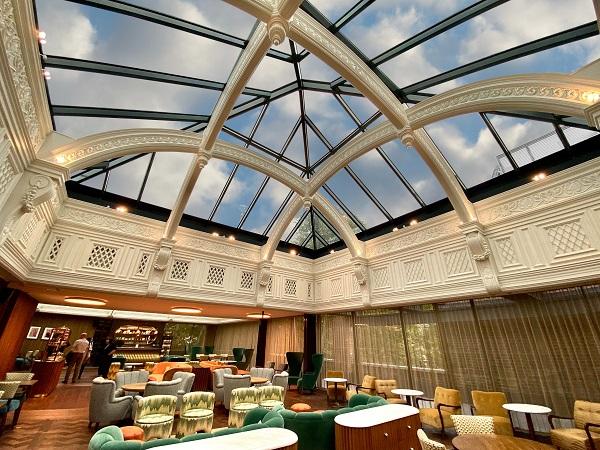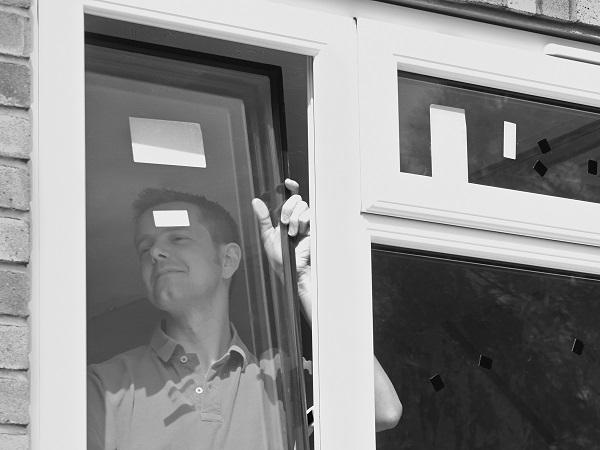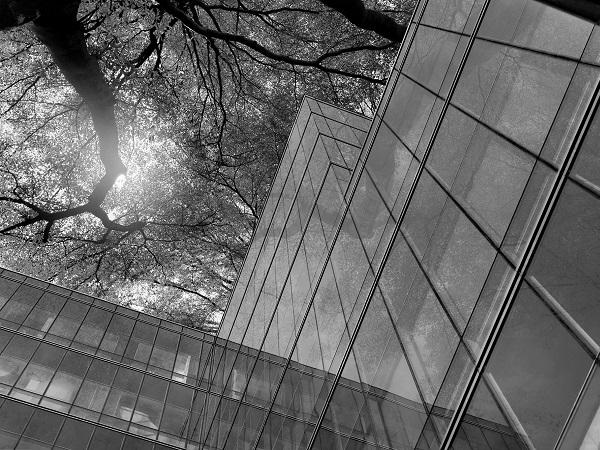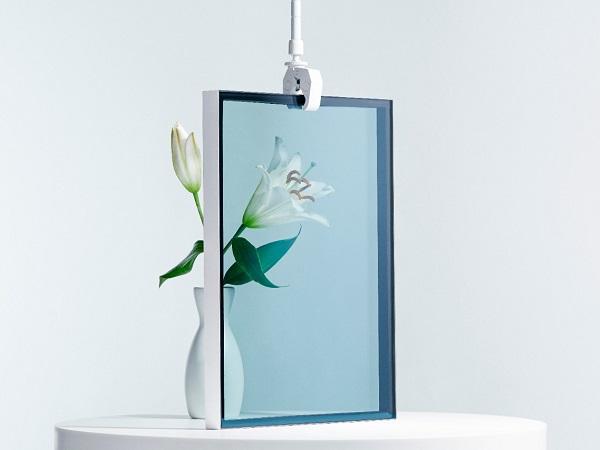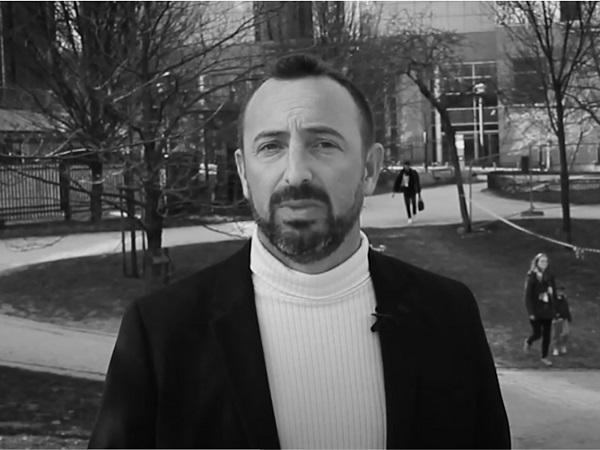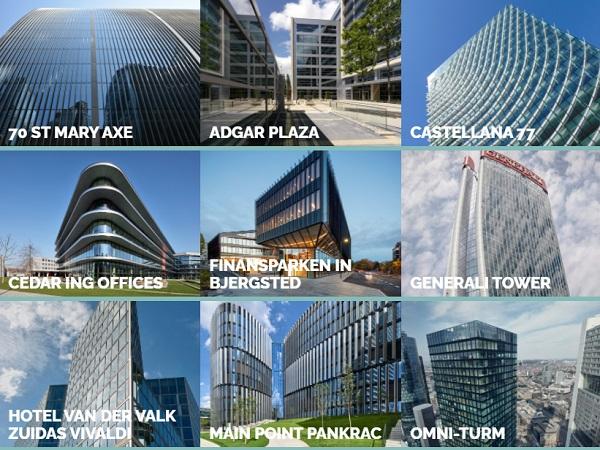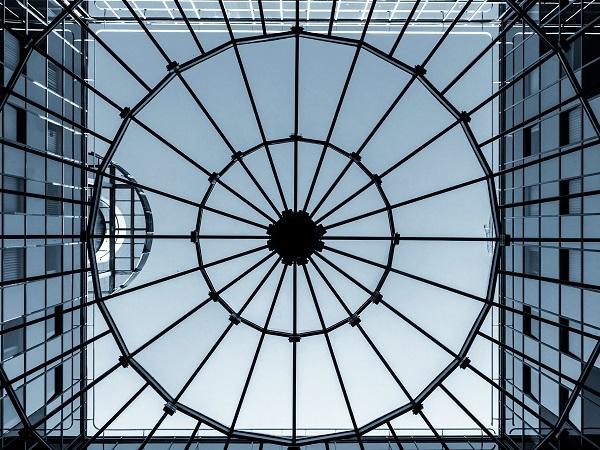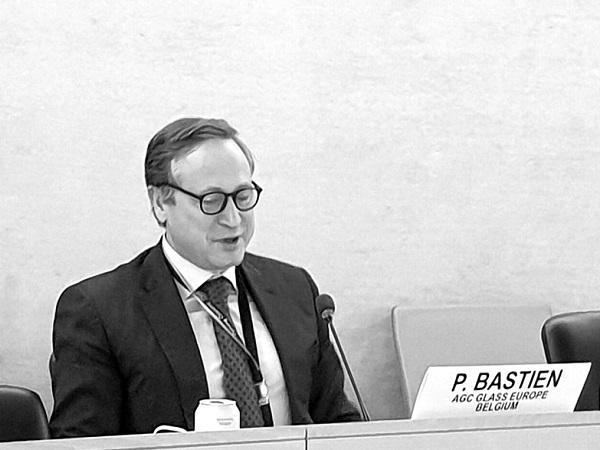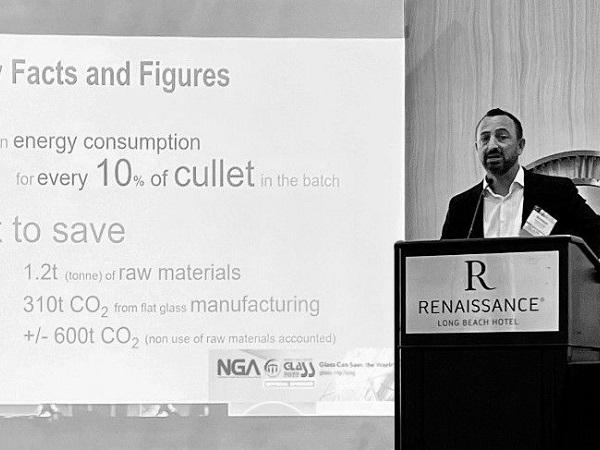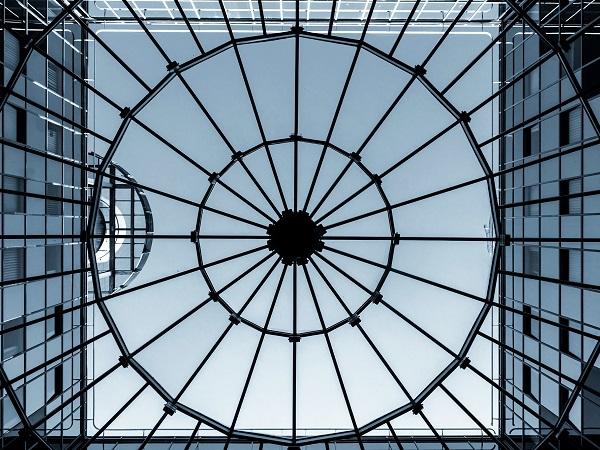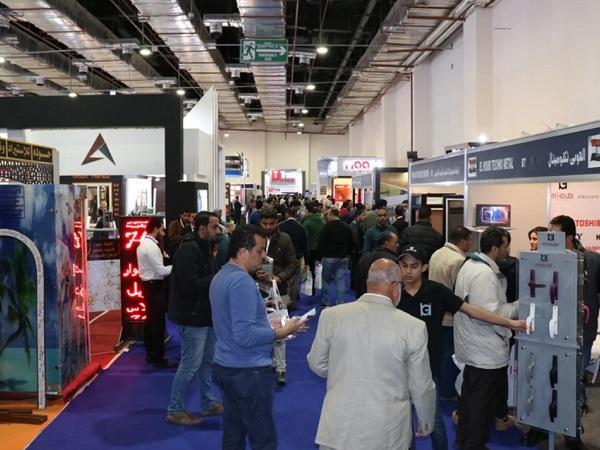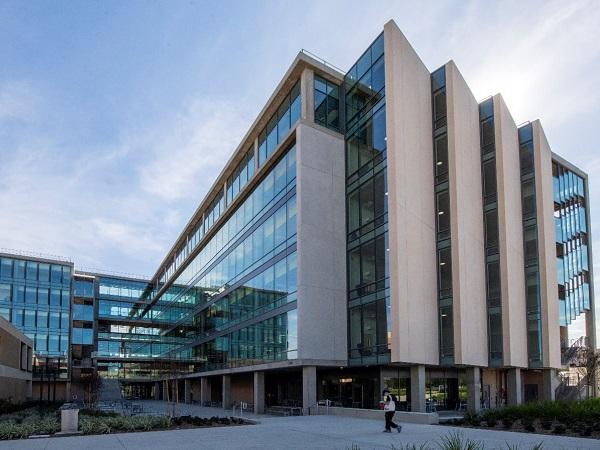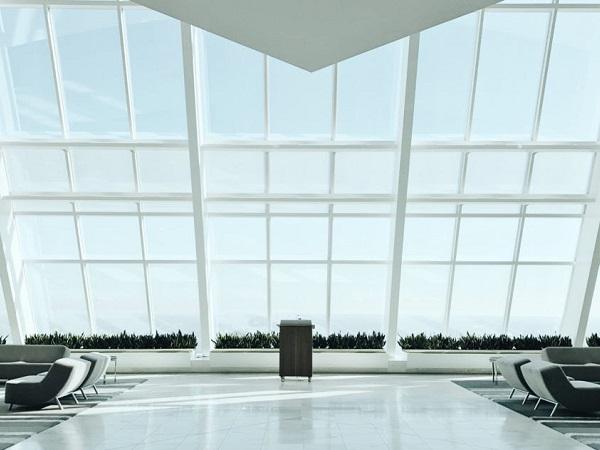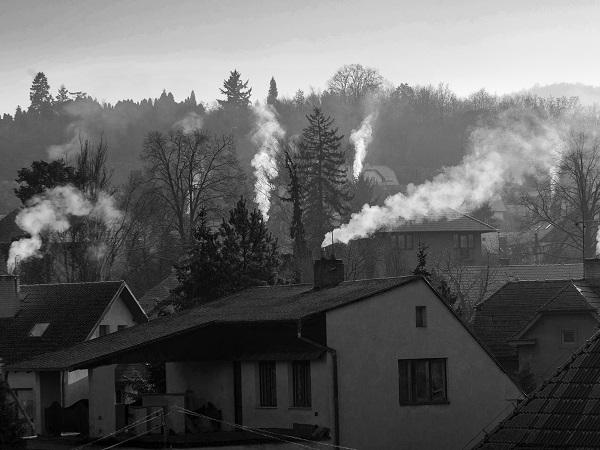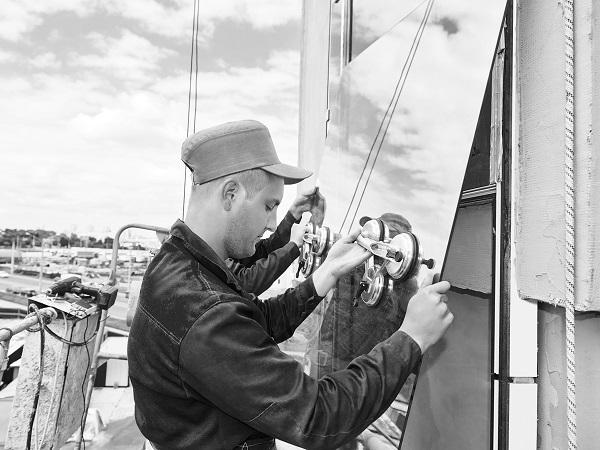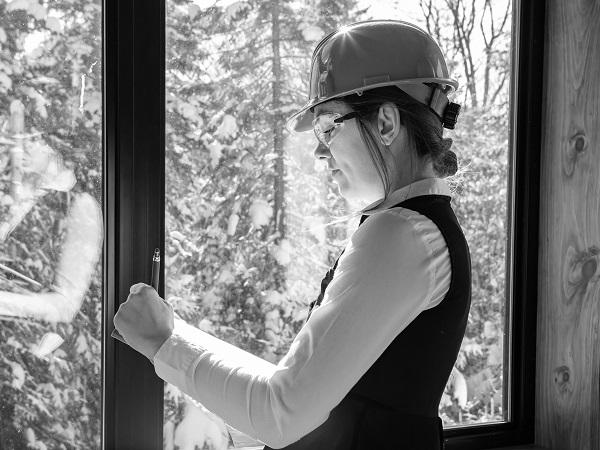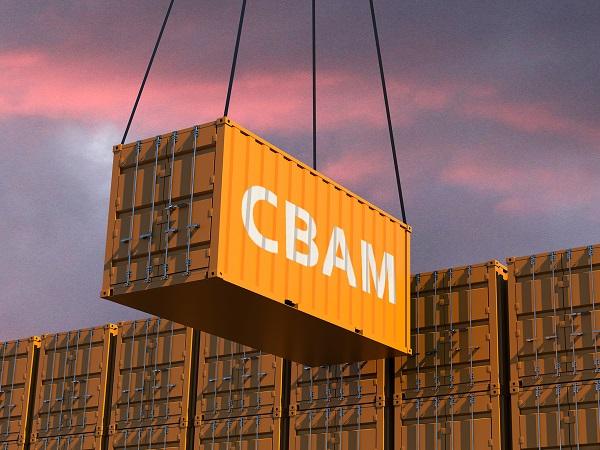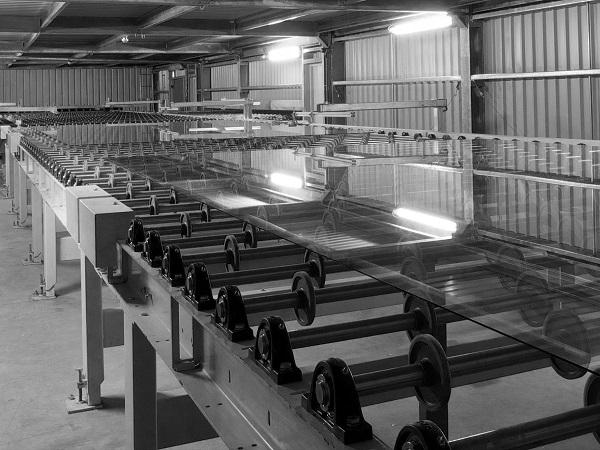Others also read
BAFTA partnered with glass specialist eyrise® to provide instant solar shading for a newly created fourth floor.
Glass for Europe believes that it is time for a coherent revision of the Energy Performance of Buildings Directive (EPBD).
Yesterday, 30 March, the European Commission released new proposals aiming at making sustainable products the norm in the EU.
Improvements needed to the recast of the Energy Performance of Building Directive (EPBD)
Is it possible to create a building that is both aesthetically pleasing and energy efficient? Meeting your project’s requirements doesn’t have to be a daunting or complicated process.
“Glazing will be essential to deliver truly sustainable buildings” affirms Glass for Europe’s Secretary General B. Cazes in an interview released for the Theme Park of GPD – Glass Performance Days.
Şişecam lays the foundation of its first European glass packaging facility in Hungary
Philippe Bastien is the Chairman of Glass for Europe and Regional President AGC Glass Europe.
Glass for Europe launches today a new section of its website and a video on the role of glass in sustainable buildings.
The EPBD has contributed to improving the energy performance of European buildings and our associations ARGE, European Aluminium, EPPA, ES-SO, EuroWindoor and Glass for Europe are strong supporters of this framework.
On February 17th, Glass for Europe answered to the public consultation on “Commercial vehicles – weights and dimensions (evaluation)”.
In both the European Parliament and the Council, the legislative debate on the fit for 55 package becomes more intense.
Today, the Chairman of Glass for Europe Philippe Bastien was at the Palace of Nations in Geneva for the opening ceremony of the International Year of Glass.
European flat glass manufacturers promotes the dismantling, collection and recycling of end-of-life building glass (from windows, glazing and other products) to ensure that end-of-life flat glass does not end up in landfill.
The European flat glass sector association releases today its recommendations on the Carbon Border Adjustment Mechanism.
The European flat glass sector association releases its recommendations on the review of the Emissions Trading Scheme Directive.
The European flat glass sector takes as its role to produce the materials essential for renovating Europe’s buildings, for supporting the clean mobility transition and for increasing the share of renewable solar energy in Europe.
DO NOT MISS this great opportunity to be kept in the loop with the dynamic changes occurring in the fenestration industry!
The University of California’s new Interdisciplinary Science and Engineering Building was designed with three major performance and aesthetic goals in mind: natural lighting, energy efficiency and sustainable design.
To decarbonise the EU building stock and boost its sustainability, the European Commission is on right tracks, but it needs to accelerate.
Glass for Europe has released its position paper on the extension of the EU ETS system to buildings and transport.
Glass Alliance Europe answered to the stakeholder consultation on the Staff Working Document “For a resilient, innovative, sustainable and digital energy-intensive industries ecosystem: Scenarios for a transition pathway“, to which Glass for Europe…
High-tech glazing play a crucial role to make buildings more energy efficient, but flat glass technologies are also essential to the clean mobility transition and to renewable solar energy production.
The CBAM shall be versatile, free from dangerous loopholes, and able to preserve complex EU-based value-chains.
The flat glass sector is energetically exploring novel ways to lower its industrial emissions and massively scale up its contributions to the EU’s climate neutrality objective.

